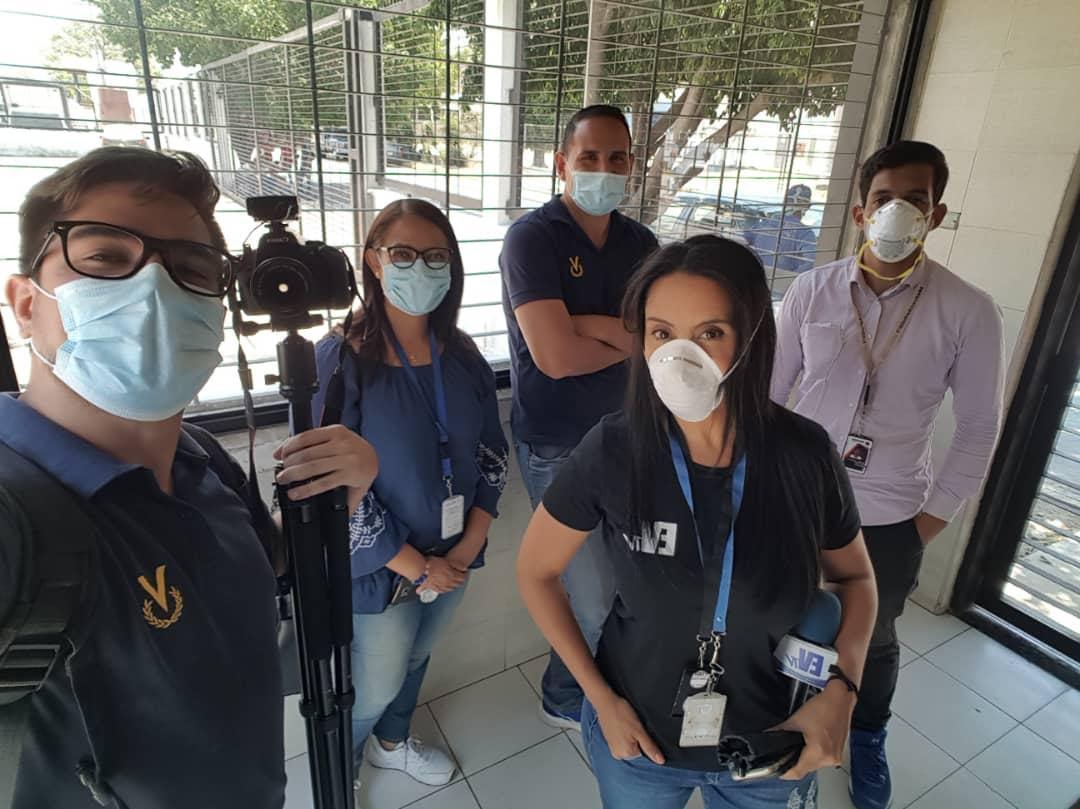
Being a team leader is a challenge in any context, and the difficulties of managing a team are exacerbated in times of global crisis and isolation, like during the current COVID-19 pandemic. On top of needing to navigate new limitations, leaders also have to take precautions, like working remotely.
Space for your team to feel supported
To be able to embrace new processes and manage internal crises on a team, it is vital to acknowledge what all team members are going through.
“We cannot help but be scared by the situation in which we are all living. Fear is a basic human emotion. A lack of information fuels this sense of fear. As adults, we try to hide our fear, which is a behavior that can have consequences when we have to face it,” explained clinical psychologist Hebe Maguire.
Recognizing that fear has an effect on members of the team, it’s possible for leaders to create spaces where people can feel emotionally validated during times of crisis, like the current pandemic.
Listen
In circumstances like the one in which we find ourselves now, where there is physical isolation, it is key to sharpen one’s ability to listen , and to empathize with one’s team in order to prevent misunderstandings, anger or unnecessary risks. It can be helpful to call team members on the phone or via video call more often, even if those calls are brief. Consistently checking in on team members can have a big impact on their well-being, and by extension, can positively impact their work.
Prioritize
In Argentina, in light of the pandemic, the team at fact-checking organization Chequeado evaluated their yearly financial projections. “We did an exercise during which we eliminated everything that was nice to have, but not essential, assuming that we won’t be able to afford those things given the current global circumstances,” said Laura Zommer, Chequeado’s executive director.
A week later, they repeated the exercise. “We think that it’s a useful exercise to do at least once every 15 days so that we can take into account how well or poorly things are evolving around the world,” she said.

In addition to thinking about group-wide priorities, it is also a good idea to take time to review processes with people leading different areas of your organization or heading specific projects. In times like the ones in which we find ourselves now, journalism is even more demanding than under normal circumstances, so it’s important to acknowledge this new reality with your team.
If a new task arises for someone on your team, it can be helpful to postpone, delegate or eliminate another one of that team member’s tasks. Distributing responsibility in this way will help your team members be committed to their work and further improve the quality of that work.
“Commitment is based on trust. If we want people to respond with commitment, we have to know how to make clear requests,” explained Powered Box founder Mariel Graupen, a human resources and executive coaching consultant.
Order
For those on your team who may feel overwhelmed by the current global situation and become paralyzed in their work, breaking lists of tasks down into sub-assignments can help them focus and feel a sense of progress. Adding subtasks will make the list of what they need to get done seem longer, but it will help your teammates focus their attention on day-to-day responsibilities — on what they can accomplish instead of what they can’t.
Communicate
“Leaders have a responsibility to ensure the security of their team. Your teammates who depend on you as a leader are watching you all the time,” Graupen said.
If your teammates ask you, as the leader, what their projects will look like going forward and you can’t give them a concrete answer, that’s fine. What is important and the most effective is that you have a committed response. As an example, Graupen says you can say something like, “This is what I know. A specific component of the project depends on other factors, and I will let you know in this specific way when I have an answer for you.” She added, “The team learns from what its leaders do, more than from what those leaders say.”
The leadership team of El Pitazo, an independent Venezuelan media organization that covers national news, and a Velocidad grantee, took measures early on in the pandemic to send out communications to their team. “We sent out different messages: one to El Pitazo’s correspondents and one to the management team based in Caracas,” explained Yelitza Linares, El Pitazo’s business and partnerships coordinator.
The messages clearly explained the actions being taken by El Pitazo based on (and acknowledging) the concerns brought up by the team. The management explained a reduction of in-the-field coverage, procedures for remote work, and the hygiene measures that would be taken by the El Pitazo team, among other things.

Limit exposure
“We made the decision to limit our in-the-field reporting to only one team. We provide them protective equipment, including safe transportation, gloves, face masks and detailed hygiene instructions,” explained Linares. “Given that we don’t have a way to send these resources to our correspondents, we decided to limit their coverage to what they can produce from home, online and on the phone,” she said.
Pedro Vaca, executive director of the Fundación para la Libertad de Prensa (FLIP), a press freedom organization in Colombia, supported the measures taken by media organizations such as El Pitazo. “Providing even basic protective resources to journalists working in the field is a huge challenge, sometimes it’s hard to find any,” he said.
by Mijal Iastrebner, International Journalists’ Network
Related posts
Magazine Training International’s mission is to encourage, strengthen, and provide training and resources to Christian magazine publishers as they seek to build the church and reach their societies for Christ.

